Expungement in Texas: Understanding Your Rights
In Texas, expunction (also called expungement) offers the opportunity to essentially erase an arrest or criminal charge from your record. Here’s a closer look at expungement:
- Permanent Removal
When granted, an expunction completely removes records from public accessibility. - Benefits
An expunction can open doors to better job opportunities, housing options, and overall peace of mind. - Eligibility
Expungement eligibility is strict in Texas, generally applying to dismissed cases, acquittals, and certain pardoned offenses.
When you successfully obtain an expungement, the event is treated as though it never happened, allowing you to legally deny its existence in most cases.
Orders of Non-Disclosure: Shielding Your Past
An order of non-disclosure, also referred to as record sealing, limits public access to your criminal history information. Key information to note about record sealing includes:
- Limited Access
Sealed records are only accessible to certain government and criminal justice entities. - Background Checks
Sealed records are generally not visible on standard background checks used by employers or landlords. - Eligibility
Orders of non-disclosure are available for a broader range of offenses than expunction, including certain misdemeanors and deferred adjudications.
While an order of non-disclosure does not offer as complete of an erasure of your record as an expungement, it can still open doors for you that may have been closed due to your record.
Texas Expunction Eligibility: What Cases Can Be Cleared?
Three types of cases can be cleared:
- Dismissed Cases
If your case was dismissed by the prosecution or court for lack of evidence or other legal reasons, you might be eligible for expunction. - Acquittals
If you were found not guilty at trial (acquittal), the arrest and charge can potentially be expunged. - Pardons
Expunction might be possible for certain offenses if you received a pardon from the Governor of Texas.
An expungement lawyer can help you understand your eligibility and argue on your behalf for the best possible outcome.
When Expungement Is Not an Option in Texas
You are generally not eligible for expunction if you were found guilty of a crime, even if the sentence was deferred adjudication. Additionally, most family violence offenses are ineligible, even if the case was dismissed. Lastly, some sex offenses, such as those involving minors, are generally ineligible for expunction in Texas.
How We Navigate the Expunction Process: Steps to a Fresh Start
When you trust us with your case, we will begin working right away to:
- Determine Eligibility
Your Houston expungement attorney can review your case and confirm your eligibility for expunction. - Gather Documentation
Your lawyer will assist you in collecting the necessary court documents and records. - File a Petition for Expunction
A formal petition requesting the court expunge your record must be filed with the court in the county where the original case was heard. - Address Objections
The State (prosecutor's office) has the right to object to your petition, and your attorney will be prepared to defend your request. - Attend a Hearing
The court may set a hearing for your expunction, during which your lawyer will present evidence and legal arguments on your behalf.
You may be feeling uncertain or overwhelmed as you consider seeking an expungement. We understand the stakes and will keep you informed of your case’s status at every step.
Second Chances for Minors: Juvenile Record Sealing in Houston
A juvenile record can hinder your or your loved one’s ability to grow and develop as an independent adult. Sealing a juvenile record can provide a much-needed second chance. Here are key things to know about juvenile record sealing:
- Unique Laws
Juvenile records are handled differently from adult records and involve distinct legal processes. - Privacy Protections
Strong privacy protections are in place to shield juveniles from the lifelong consequences of youthful indiscretion. - Eligibility Requirements
The eligibility requirements for sealing or expunging juvenile records depend on various factors, including the type of offense and the individual's age.
Juvenile records often stem from mistakes made during adolescence, when individuals’ decision-making capabilities may be underdeveloped. Our team helps clients seal their records so that the events of the past can be left behind.
Ready for a Clean Slate? Talk to Our Expungement Attorneys Today
Don't let your past define your future. Call us today to find out how we can help you clear your criminal record and move forward with your life.






























